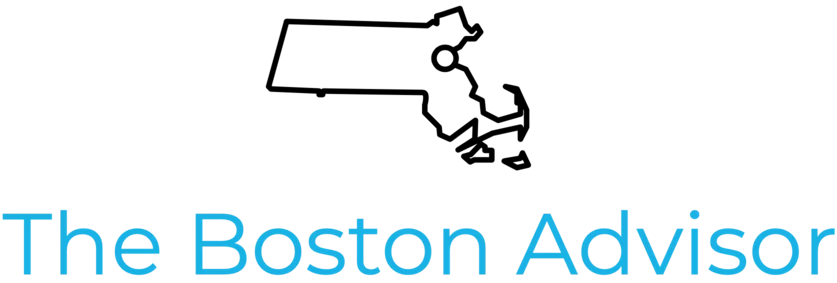By now, you’ve hopefully filed your 2024 return (or extension) and are thinking about how to reduce your future taxes. Here are some tax planning tips and reminders on things that don’t get enough attention for you to consider implementing. I’ll rifle through these, and the underlined links lead you to more detailed information on each topic.
Tax Planning Tips
Make sure you’re contributing to the right retirement account bucket – Traditional or Roth. The Traditional works better if you’re in a higher tax bracket now. Roth works if you’re in a lower tax bracket , or expect to be in a higher tax bracket during retirement.
Even if you’re better off contributing to the Traditional bucket, don’t forget opportunities to grow your Roth assets. Roths grow tax-free, which means you don’t pay taxes on the growth when you make withdrawals, and unlike your Traditional retirement account assets, there are no Required Minimum Distributions. Two ways to do this are Backdoor Roth IRA contributions if you’re able, and Roth conversions if it makes financial sense.
Consider a Health Savings Account if you’re eligible to contribute to one at work, max out the contributions, and don’t spend from it for your healthcare.
Donate to charity more tax-efficiently. Cash is usually not the best way to donate to charity. Donating appreciated securities directly or through a Donor Advised Fund, and Qualified Charitable Distributions from your IRA can provide more tax benefit.
To lower your capital gains tax bill, consider tax-loss harvesting during the tax year (including using a direct indexing approach to proactively harvest losses on an ongoing basis), and be mindful about the capital gain distributions from the your mutual funds and ETF’s. Choosing funds and ETF’s with lower turnover should minimize annual capital gains distributions .
Implement a tax-efficient asset location approach. Allocating tax-efficient investments (municipal bonds, low turnover stock strategy) within a taxable account while holding tax-inefficient investments (taxable bonds, high turnover stock strategies) within tax-deferred accounts can materially improve a portfolio’s after-tax return.
Finally, business owners should consider advanced retirement plan designs beyond implementing a basic 401(k). There are more advanced retirement plan designs available that could help you shelter multiples of what you think you can be sheltering. I get into this and more in Financial Planning for Business Owners.
Related Reads
How to Pay Less in Taxes
Keep More of What You Earn. We’re Talking Taxes.

